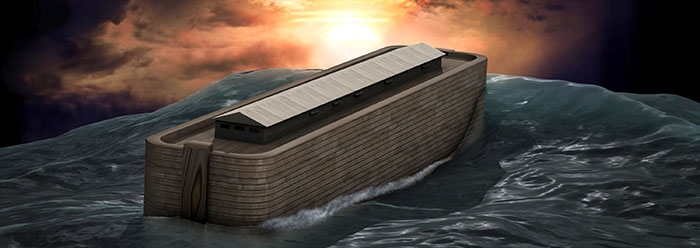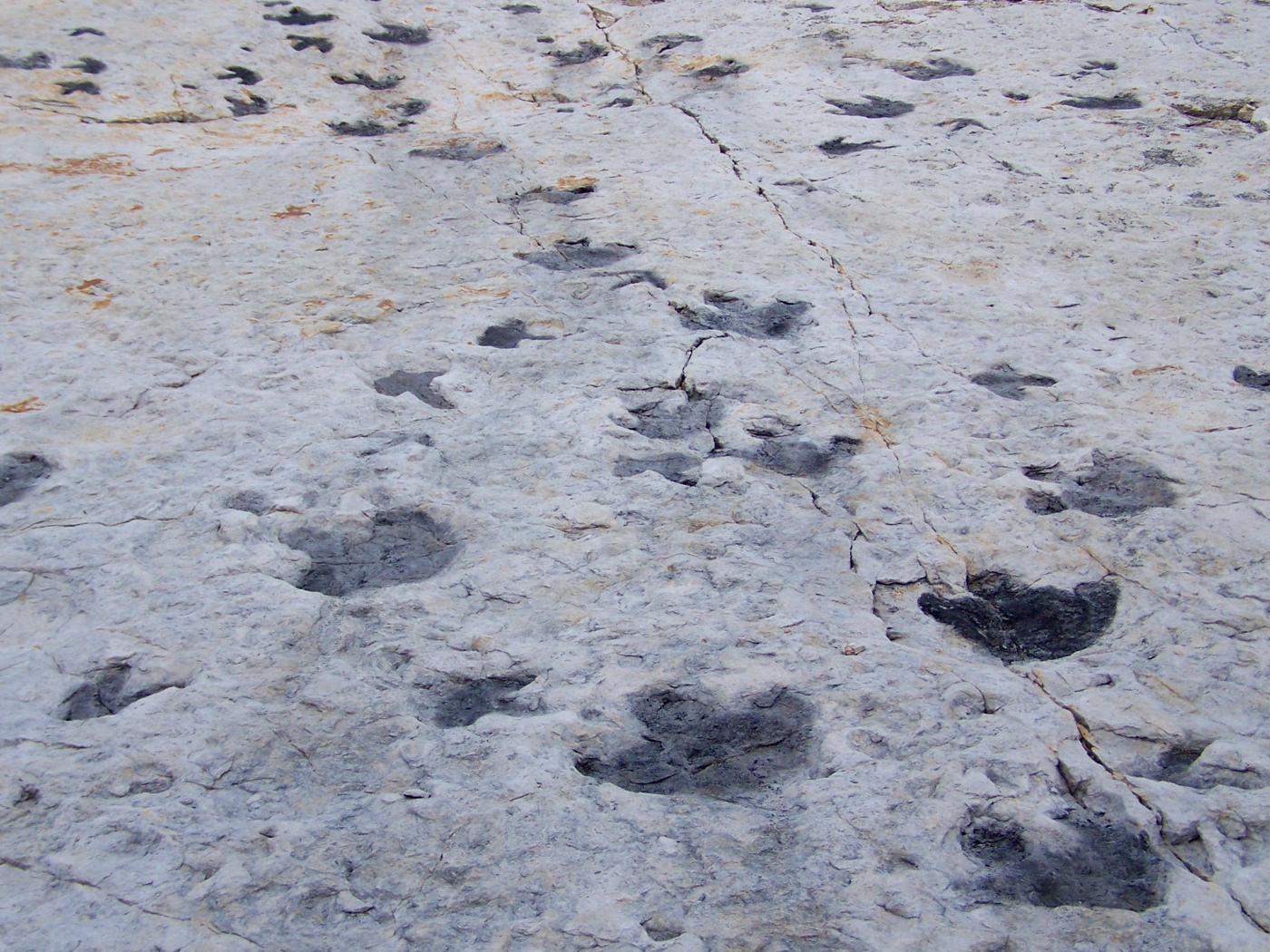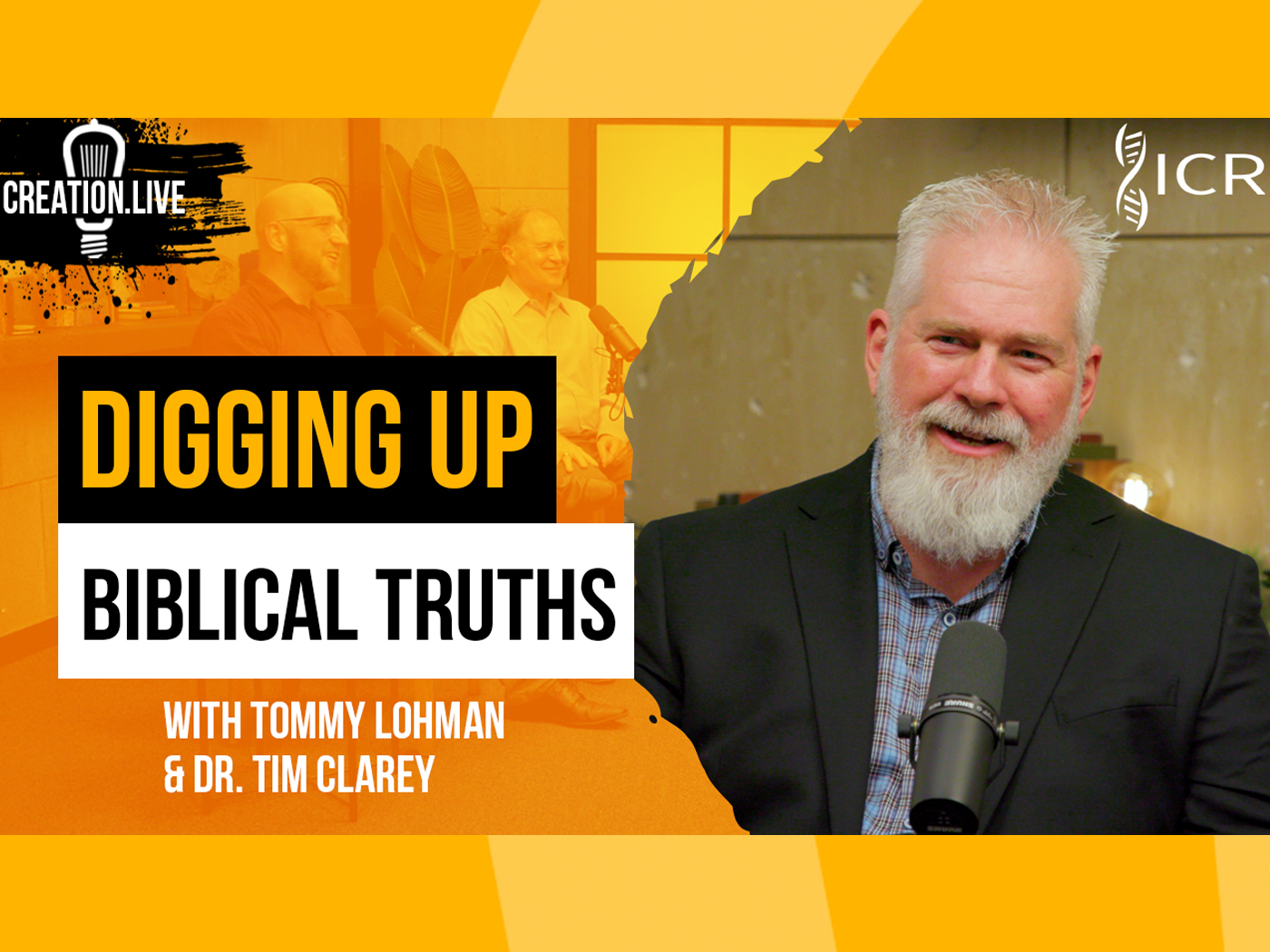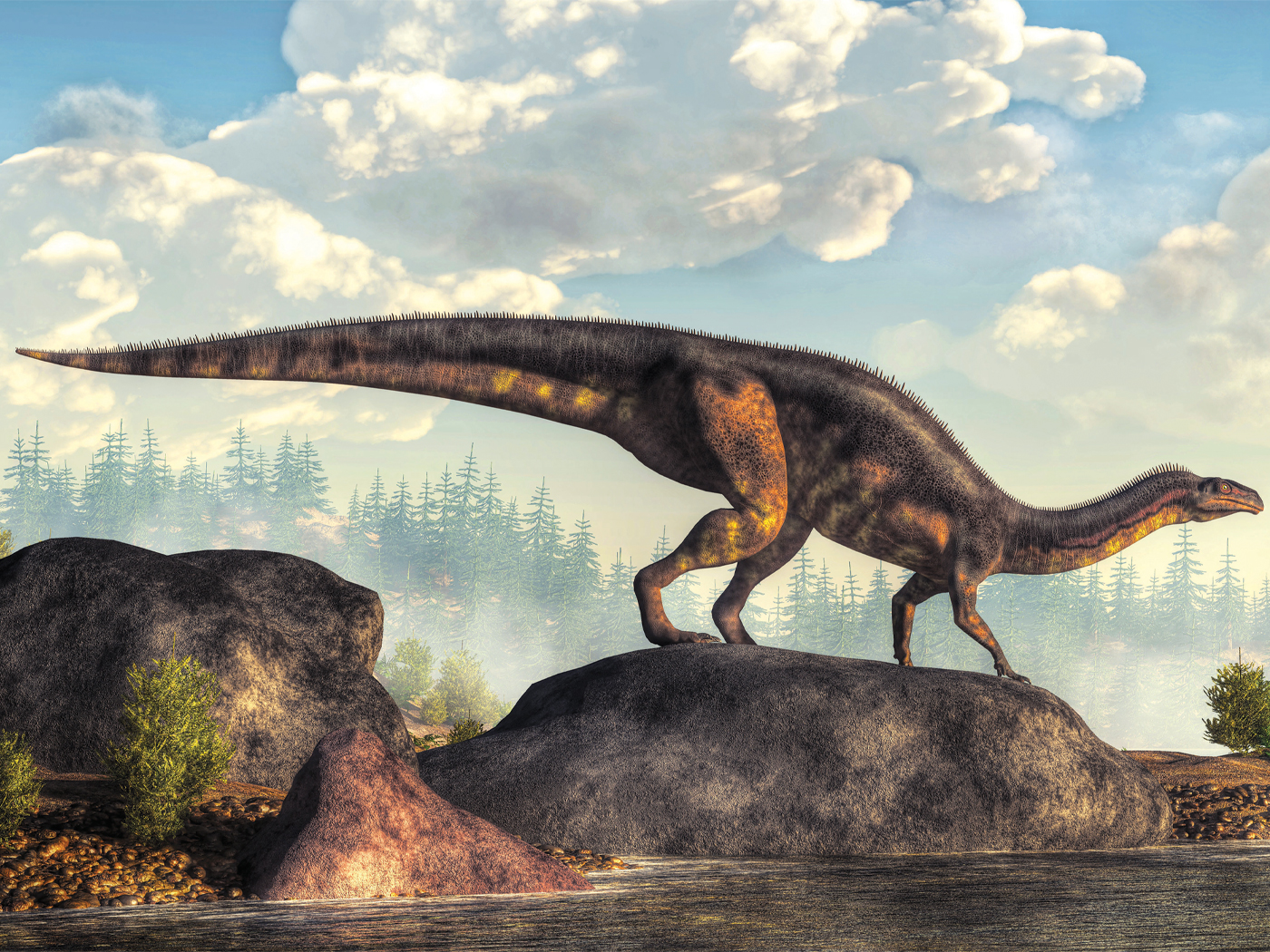Respected guitarist and talented Christian songwriter Michael Gungor has recently made the news—not with his music, but with his outspoken rejection of a historical Genesis. Amid this contention, a Baptist church even canceled one of his gigs. Gungor cited science and reason for his position on Noah's Ark. How reasonable are his reasons?
He and his wife Lisa together comprise the Dove award-winning band Gungor. They attempted to clarify their beliefs amidst swirling controversy over how closely they align with evangelical Christianity by writing a blog post that the Christian Post quoted:
Do I believe that Scripture is God-breathed and is useful for teaching, rebuking, correcting and training in righteousness? Yes.
Do I believe that God literally drowned every living creature 5,000 years ago in a global flood except the ones who were living in a big boat? No, I don't.
Why don't I? Because of science and rational thought.1
They described what they deem irrational about the Flood, writing, "Even if God miraculously fed all of these species and kept them from killing each other on the boat, how big would that boat have to be? And what sort of ecological systems would have to be in place for all the species to survive? Genesis puts the ark at 300 cubits long, 50 wide, 30 high. (a cubit is approximately 45 cm) If you do the math, there is really just NO way to fit two of every kind of animal species on an ark of the dimensions that the Bible purports."1
Did the Gungors really do the math?
Creation researchers did. For example, a generous estimate for the total number of animals on board the ark—not a "boat" as too often pictured on nursery walls, but a gigantic seaworthy box—shows the animals filling merely two thirds of the enormous wooden vessel. These calculations, which considered average animal size and based the pen sizes on standard animal-husbandry studies, were published in Noah's Ark: A Feasibility Study.2
Secular college students, given the assignment of calculating and experimenting on the probability of the Ark, also came up with favorable results based on biblical data—much to the students' surprise.3,4
Why would these detailed calculations leave plenty of extra space on the ark, but other estimates leave the ark behind in dusty myth? The Gungors, like many secularists who have mocked the Flood account, may have assumed that the ark contained all animal "species," but that word does not occur in Scripture. Where did "species" come from and should it apply to Genesis?
Humans, not God, invented and defined "species." The process of naming animal species remains notoriously subjective. To justify granting a new species name, some scientists hunt for differences in location, time, anatomy, and even genetic differences when no visible traits stand out, so that a great many "species" can, or could, interbreed.
Genesis uses the word "kinds," not "species." It clearly implies that members of a kind can reproduce with one another. However, in the man-made system of animal naming the term "family" most often describes a collection of animals that can interbreed. One family may include hundreds of different species names. "Family" names best match the Genesis "kind" and this delineation greatly reduces the total number of animals on the ark.
Including those that have gone extinct but excluding animals that live in water, an overestimate approaches 17,000 ark animals.2 Accordingly, only two of the three giant decks that God instructed Noah to build in the ark would have housed animals. This would have left an entire deck available for food and other supplies, negating Gungor's appeal to a miracle for feeding the ark animals.
Would the Christians who share the Gungors' position reconsider their understanding of Genesis history if they learned that many understand the Flood account as historical because the detailed math supports it, once terms are accurately defined?3
The Gungors also wrote in their blog, "You can still love God and love people and read those early Genesis stories as myth with some important things to teach us."1 Well, who says you can't? But how worthy of love would a God be who can't or won't communicate clearly, or who lied about our beginnings on the very first pages of His book?
After all, the command to love God was written on stone by God's finger at the same time that He wrote, "For in six days the Lord made the heavens and the earth, the sea, and all that is in them, and rested the seventh day. Therefore the Lord blessed the Sabbath day and hallowed it." If one cannot believe this fourth of the Ten Commandments, then on what basis should one believe the other nine? Both science and rational thought support the Genesis Flood and ark—do the math.
References
- Blair, L. Baptist Church Cancels Gungor Event Over Views on Bible; Band Insists 'No Reasonable Person Takes the Entire Bible Literally.' Christian Post. Posted on christianpost.com August 7, 2014.
- Woodmorappe, J. 2014. Noah's Ark: A Feasibility Study. Institute for Creation Research: Dallas, TX.
- Thomas, B. Students Surprised to Find Noah's Ark Feasible. Creation Science Update. Posted on icr.org April 14, 2014, accessed August 14, 2014.
- Other considerations confirm the Flood as history. For example, if the Flood waters did not cover the globe as the Bible teaches, then from where did the thousands of feet thick, sometimes continent-covering, fast-water-deposited sedimentary rock layers come from? Or the billions of dead animals trapped in those layers? Similarly, if myth, then why did Ezekiel, Isaiah, Peter and Jesus all refer to Noah and his Flood as literal history?
* Mr. Thomas is Science Writer at the Institute for Creation Research.
Article posted on August 15, 2014.














